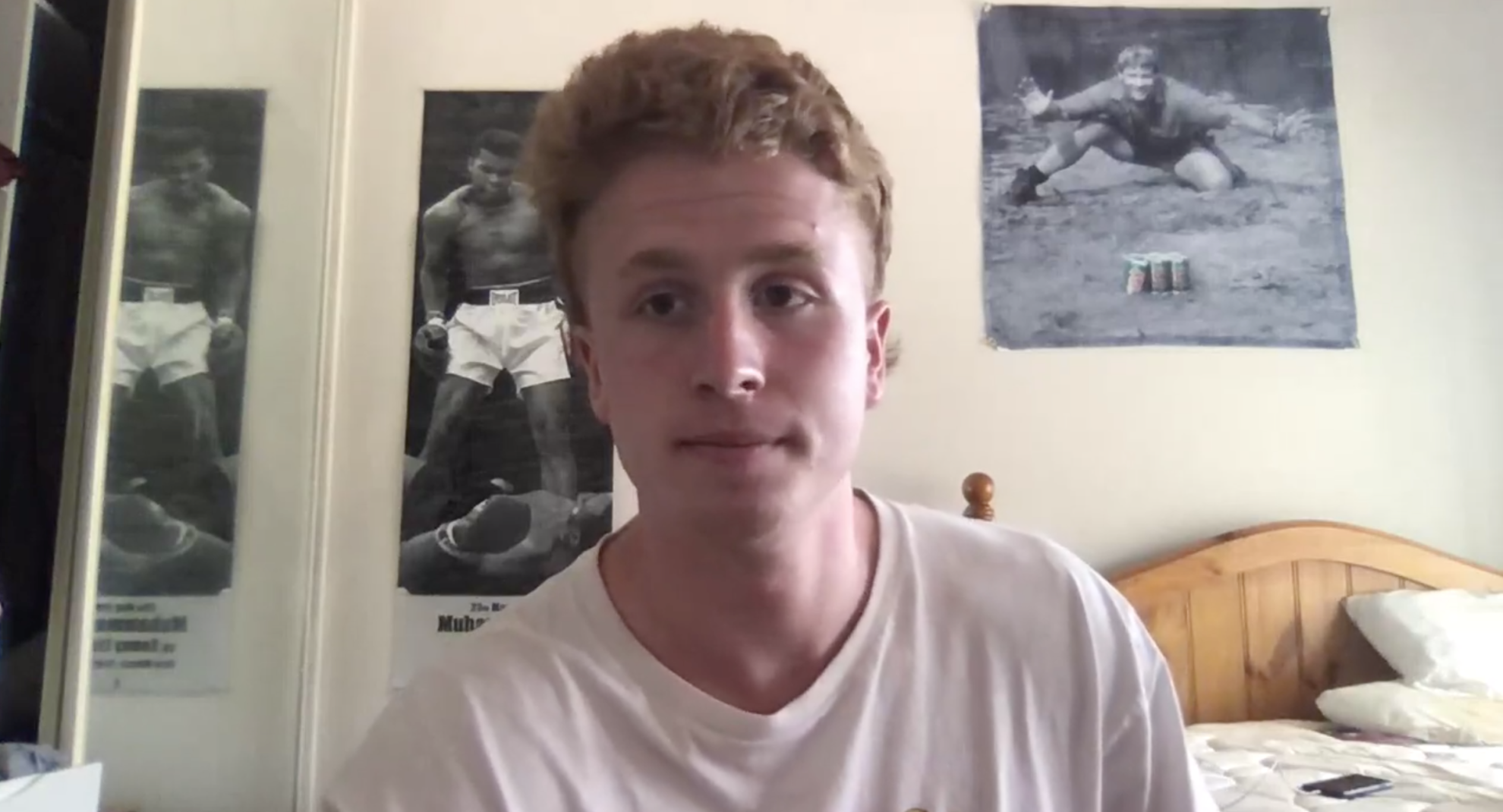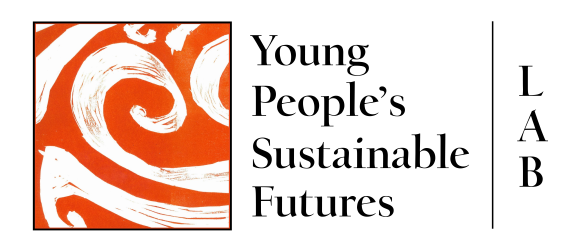
This post provides a link to a video where Connor, a 16 year old young man from Melbourne’s inner norther suburbs, talks about his life in the context of the COVID-19 pandemic, and his anxieties, fears, hopes and aspirations about the future.
For many of us, Connor comes across as ‘typical’ 16 year old young man – if there is a such a thing! For example, he speaks about his passion for sport, and having a good time with his mates. But he also talks about the challenges of being isolated from friends, of not being physically ‘at school’, and of struggling to stay motivated as the second wave of the pandemic unfolded during June through September in Melbourne in 2020.
As he says, he likes to learn by ‘doing things’, by ‘being hands on’. In the middle of Melbourne’s second, long lockdown in the winter of 2020 all Melbourne’s schools were closed and young people had to shift to ‘remote learning’. At the same time they, like all of us, were confined to home other than for 1 hour’s exercise, with members of their own household, and were restricted to travelling no more than 5 kms from home.
For Connor this time was particularly challenging, and he is honest in reflecting on how that impacted on his health and well-being and his engagement in school work. He discusses the ways in which the pandemic lockdown and disruptions have made him anxious about his post-school options for work and study. There were times, he reflects, when he was living a ‘never ending cycle of sleeping, eating, studying and training’. Indeed, during this time, as he says ‘to be frank’, he hit a ‘depressed point’, and didn’t leave his room for some time.
But Connor also tries very hard to project a strong, optimistic, confident face. He describes himself as ‘naturally confident’. But that ‘natural’ confidence has been shaken a little during the pandemic, and as he starts to think more ‘realistically’ about his hopes and aspirations for the future. He may not, after all, be able to play AFL at an elite level!
He has high hopes for the future in 2025, but is unsure if ‘society will get a lot smarter or a lot dumber’.
Finally, Connor speaks about the importance and the challenge of speaking openly about how he feels, and what he is going through at times when he is struggling.
He is also honest about his views on some of the ‘big issues’ of equality, social change, political correctness, and the climate crisis. Connor tell us that he cares about many of these things, but he also doesn’t want others telling him how he should think or act in relation to these things.
One of the things that Connor’s story suggests is that various community, business and government stakeholders need to think about, and develop new ways of engaging a diversity of young people as key stakeholders in their own futures. Not ALL young people are ’progressive activists’ – but they do have something to say about their futures.
The COVID 19 Recovery Scenario’s for Young People in Melbourne’s Inner North Project
The COVID 19 Recovery Scenario’s for Young People in Melbourne’s Inner North is a collaboration between the UNESCO UNEVOC Centre at RMIT University (in the School of Education), the Inner Northern Local Learning Network (LLEN), the Inner North Youth Employment Taskforce (INYET) and the education, training, business, youth service and advocacy agencies, and local government agencies and authorities that are members of the LLEN and INYET.
Using a scenario planning methodology – see the links here to an outline of this approach – the project aims to develop a range of scenarios for young people in Melbourne’s inner north in 2025.
Figure 1 below provides a summary of the scenarios as they have been developed to this point – and in relation to the intersections and entanglements between the four main themes that have emerged from the research: Health and Well-being; Education and Training; the Economy and Livelihood; Community.
Figure 1: Three scenarios for 2025.

Figure 1: Three scenarios for 2025.
The project involved interviewing more than 50 young people in Melbourne’s inner northern suburbs – in the City of Yarra, City of Darebin and City of Moreland. These young people are stakeholders in their own futures. We aimed to develop innovative ways of providing a space for their voices, and for their voices to have impact in their communities and beyond. The project conducted these video interviews via the VideoAsk platform, and we are gradually curating and uploading these videos to our YouTube channel.
